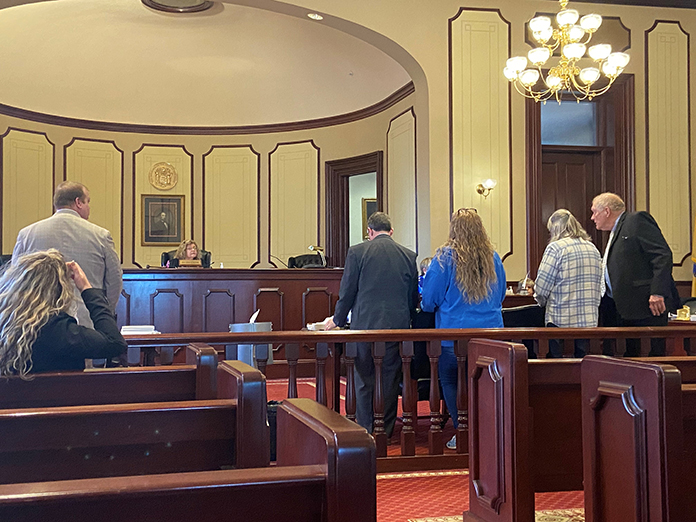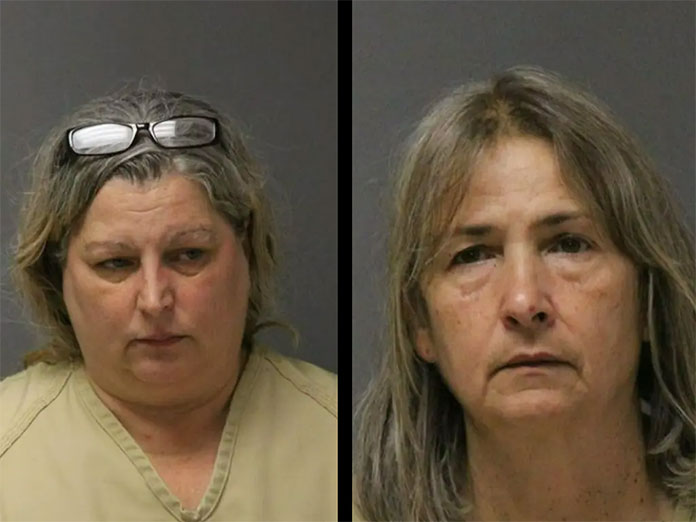
BRICK – Four dogs will remain in the shelter as a decision has not been made whether the two women charged in an animal hoarding case can legally have their “personal dogs” back.
Aimee J. Lonczak, 49, and Michele Nycz, 58, were charged with animal cruelty and child endangerment in December after authorities discovered nearly 180 animals in cages in a home and vehicle on Arrowhead Park Drive in Brick Township. Cats and dogs were found in cages, standing in their own feces and urine. Officials deemed these living conditions uninhabitable and the home was condemned by Brick Township code enforcement.
In addition, Lonczak’s 16-year-old daughter was living in the home with the 180 animals.
On December 8, the two women were released following a detention hearing. The judge subsequently set several rules prior to their release, which includes mandatory check-ins with the court as well as no contact with Lonczak’s daughter and no contact with the animals. At the time, they were also not permitted to return to their home.

Previously, the women filed motions to have their personal dogs returned to them. They claimed that when the animals were seized by authorities, seven of the dogs personally belonged to them and wanted them released back into their care.
At that time, state representative Assistant Prosecutor Alexander Becker said that all the dogs were already surrendered. Dogs and cats that were found in the home are currently being set up for adoption or measures are being taken to find their original owners.
On February 21, the two women returned to court for a ruling on their personal dogs. Lonczak claimed five dogs while Nycz calimed two as personal pets.
It was agreed that Nycz’s two dogs are officially surrendered to the state and will be put up for adoption. As for Lonczak, four of the dogs will remain in the shelter with the decision pending until the March 14 court hearing
Becker confirmed that one of the dogs was never under custody of the state, so this decision involves the remaining four dogs.
After the hearing several members of the community, who came out to advocate for the fate of these dogs, did not enjoy the outcome. Many were hurt that a final ruling was not made, and felt that the defendants to not deserve any more time on the decision
“Why should these poor dogs remain in the shelter? They need to be adopted. The right decision needs to be made,” one resident said.
Another said, “I guess two free dogs is better than nothing. But we’re stilling fighting for the rest.”






